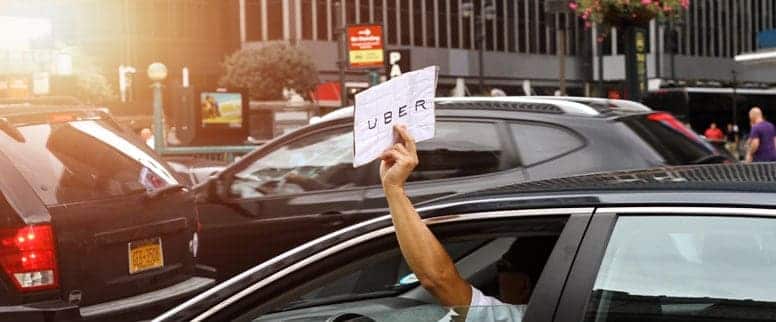With 1.5-2M Uber and Lyft drivers on U.S. roads, the incidence of crashes involving ride-share drivers has soared in recent years. Whether you are a passenger in a vehicle, a pedestrian on the street, or a driver in another car, it is helpful to have a basic level of preparedness and understanding about insurance following a crash.
- Safety and medical care are the most important priorities and should be attended to first. Seek immediate medical assistance if you or any individual is injured by calling 911.
- Although Washington State law does not require that police immediately respond to crashes that have caused bodily injury or property damage, it is prudent to call the police in crashes involving ride-share drivers. Police will document what happened and substantiate your claim if one exists.
- It is important to record the scene with photographs and video of the vehicles involved. Whenever possible, take images of property damage from a variety of angles, both zoomed in and zoomed out to show the entire scene.
- Collect names and contact information from individuals involved and witnesses.
- Obtain insurance information from the driver/s involved. App-based drivers are largely considered independent contractors. As such they are mandated to carry their own auto insurance.

What does ride-share insurance cover exactly?
When Uber and Lyft drivers are involved in crashes that cause injury or property damage to you, insurance coverage will depend on whether or not the driver is operating for Uber or Lyft. This is where coverage can be confusing and complex. In Washington State, a ride-share driver is not required to have a commercial policy or add an endorsement or “rider” to their own policy. Generally, insurance companies categorize coverage in these four phases:
-
- Period 0: The app is off. A driver’s first-party insurance applies in instances involving personal injury or property damage when a driver is not using the Uber or Lyft app. During this period, any injury or damage would be incurred by a pedestrian or another driver, not a passenger. Therefore Uber or Lyft third-party liability insurance would not be in effect.
- Period 1: The app is on while a driver fields ride requests. As in Period 0, you would be injured as a pedestrian or another driver, not as a passenger. Uber or Lyft’s third-party liability insurance provides coverage for damage or injury to non-passengers resulting from a crash caused by a driver. This liability insurance applies when a driver’s primary insurance will not. The amount of coverage may vary and it is important to obtain and review the coverage policy.
- Period 2: The app is on while a driver connects with a passenger, accepts a ride, and drives to a pickup location. During Period 2, a driver would be working on behalf of Uber or Lyft, both of which provide third-party liability coverage. Again, coverage may vary and the coverage policy must be obtained and reviewed. Your own underinsured motorist bodily injury policy may provide additional insurance coverage.
- Period 3: The app is on from the moment of pick up through the duration of the trip, ending with a drop-off. Your injuries would be sustained as a passenger in a vehicle operated by an Uber and Lyft driver. Therefore you would be protected by Uber’s or Lyft’s third-party liability coverage. When the crash is caused by someone besides the driver, you may be covered under the uninsured motorist bodily injury policy that Uber and Lyft carry on your behalf. In addition, your own underinsured motorist bodily injury policy may provide additional insurance coverage.
The above outline is intended to provide only basic information and you should consult with an attorney if you or a family member suffer injury or damage in any collision involving a ride-share vehicle. The status of a ride-share driver may be at issue and the specific facts must be obtained and reviewed in order to determine insurance coverage.
Another situation with ride-share drivers that’s important to note.
Many Uber and Lyft drivers suggest to regular users that they contact the driver online or outside of the ride-share app. While this may be of benefit to the driver, there are significant risks to passengers. Specifically, Uber and Lyft insurance coverage would not provide any protections and the driver’s insurance coverage would be excluded, the driver would be operating for profit and essentially for business purposes.
Avoid any confusion and always consult with an experienced personal injury attorney.
Begin Working with Coluccio Law Today!
Our team of personal injury lawyers have years of experience with auto accident lawsuits and can help build a compelling case for your lawsuit.
If you have questions or would like a free consultation, call our team at (206) 312-3994 or contact us via our convenient online form today!
Washington Law Help: Helpful information about Washington State Law
CLEAR: Legal advice, assistance and information, also at 1-888-201-1014




